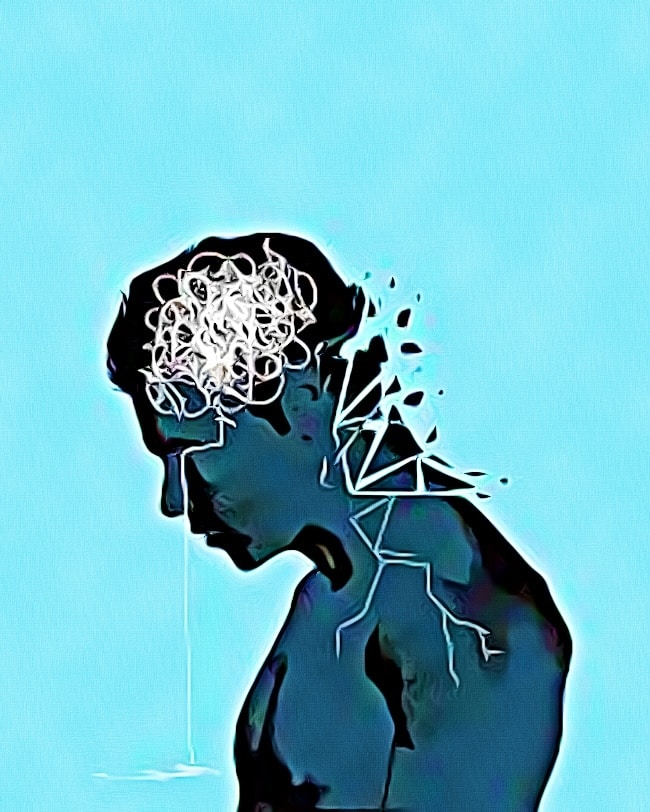Navigating the Realms of Mental Health and Disability
Depression, a common but serious mood disorder, affects how you feel, think, and handle daily activities. Recognized for its profound impact on individuals’ lives, depression has become a significant topic of discussion within the realms of mental health and disability rights.
The Definition of Disability
Before we delve into whether depression is classified as a disability, it’s crucial to understand what constitutes a disability. According to the Americans with Disabilities Act (ADA), a disability is defined as a physical or mental impairment that substantially limits one or more major life activities. This broad definition encompasses a wide range of conditions, both visible and invisible to the naked eye.
Depression Through the Lens of Disability
When it comes to depression, the question of it being a disability is not straightforward. The severity and impact of depression vary widely among individuals. For some, depression can be a transient phase, while for others, it may cause significant impairments that interfere with their ability to perform everyday tasks, akin to the challenges faced by individuals with recognized disabilities.
The Legal Perspective
Legally, depression can be considered a disability under certain circumstances. If depression significantly limits one or more of your major life activities, such as working, it may qualify as a disability under laws like the ADA. This recognition is vital because it provides certain protections and accommodations in the workplace and other areas of life.

The Role of Professional Diagnosis
A professional diagnosis is key in determining whether an individual’s experience of depression qualifies as a disability. Health professionals assess the severity of depression and its impact on an individual’s life, considering factors such as the ability to maintain employment, engage in social activities, and perform daily tasks.
Seeking Help and Understanding Your Rights
For individuals navigating the complexities of depression, it’s essential to seek professional help. Diagnosis and treatment are the first steps toward managing depression, whether or not it qualifies as a disability. Resources such as the National Institute of Mental Health (NIH) offer comprehensive information on symptoms, treatment options, and coping strategies.
Conclusion: Compassion, Understanding, and Support
Depression, with its profound impact on individuals’ lives, poses complex questions about disability, accommodations, and societal perceptions. Understanding depression through a compassionate and informed lens helps in recognizing the challenges faced by those affected. Whether classified as a disability or not, the key is to provide support, understanding, and adequate resources to those struggling.
If you or a loved one are dealing with depression, consider reaching out to support services like Alternative Addiction. They offer understanding, help, and hope to those navigating the challenging journey of mental health issues, including depression. Remember, seeking help is a sign of strength, and support is available to guide you through these trying times.




